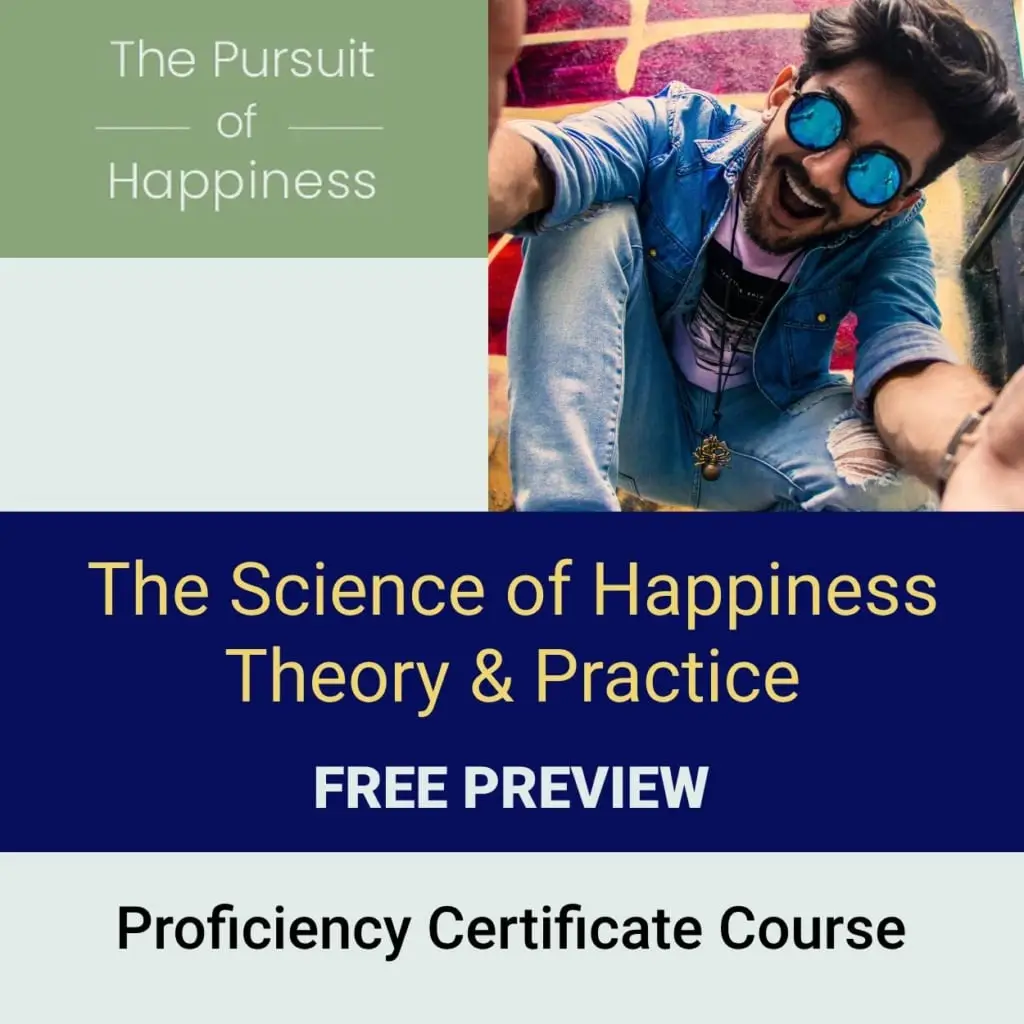A Classic Post Revisited: Jefferson’s Happiness

Five years ago we posted “Jefferson’s Happiness”. Amid economic downturns around the world today, this is a great time to revisit the post and ask ourselves again:
What is happiness?
It seems that many Americans have been pursuing the Wall Street version of happiness with a vengeance, encouraged by the 2006 blockbuster “Pursuit of Happiness,” in which Will Smith and his real-life son become best buddies in an epic journey from rags to riches. Try typing “pursuit of happiness” on Google. Half of the page is filled with websites devoted to the movie, in spite of the fact that you got the spelling right. It’s no wonder that, in the minds of many Americans, the “pursuit of happiness” is unconsciously equated with the pursuit of wealth and security.
What did Thomas Jefferson mean when he enshrined the “pursuit of happiness” as a basic right in the Declaration of Independence? He failed to explain why, at least not in the original document, nor in his official correspondence. One of the most influential theories doing the rounds is that Jefferson simply plagiarized the English political thinker John Locke, who championed “life, liberty and estate (property).” According to this view, Jefferson’s replacement of the word “estate” with the “pursuit of happiness,” was essentially a play on words. The “pursuit of happiness” was a euphemism for the pursuit of wealth. From this perspective, Jefferson’s vision of happiness was the “rags to riches” version of the good life.
There is a good chance that we have profoundly misunderstood Jefferson’s view of happiness. One reason is that we have misunderstood the Greek thinker Epicurus, who, as it turns out, had a major impact on his thinking.
RAGS TO RICHES…OR RICHES IN RAGS?
A few years back I read that Jefferson was an “Epicurean.” In my mind it reinforced the credibility of the “rags to riches” theory. Over the years I had read textbooks and articles echoing the same refrain: Epicurus was an “egoistic hedonist”…ie someone who championed the pursuit of personal pleasure–for moi and moi alone, as Miss Piggy, the ruthless diva of Muppets fame, would have put it.
But life is full of surprises. Last summer, as soon as I stepped into my mother’s apartment in the south of France, she began excitedly waving the latest issue of the Nouvel Observateur, a sort of liberal Newsweek. It was devoted to the “Art of Happiness.” She knows that I am fairly obsessed with the topic. The cover displayed a naked couple locked in fond embrace (a great stereotype of the Epicurean life, and probably why the issue sold out). Yet the cover story, which was devoted entirely to the life and thought of Epicurus, sang a different tune.
I teach Asian philosophy, and I was astonished by the parallels between Buddha and Epicurus. Apparently, Epicurus did not teach in a lavishly funded Academy. Instead he conversed with his students in a cozy, well-tended garden. He treated his followers like family, emphasized simplicity and the need to tame desires, especially those not aimed at the “necessities” of life, and pretty well equated happiness with peace of mind.
In other words, if he was around now, you wouldn’t see Epicurus on Wall Street. He was not a proponent of the “rags to riches” view of happiness. Far from it. You could call it the “riches within rags” view of happiness. Simply put, if you cultivated close friendships, limited your desires to the essential necessities of life, and rejoiced in the moment, happiness was yours to keep.
I hit the books. It turns out that, in a letter to William Short, an ex-neighbor and private secretary who served him in Paris, Jefferson bluntly states that “I am an Epicurean.” What follows is an amazingly sophisticated analysis, and a lament, on how profoundly Epicurus was misunderstood by Greek and Roman philosophers and as a result, the contemporary world. Jefferson underlines the gentle, “rational” moral philosophy of Epicurus that rejects over-indulgence and leads to peace of mind. At the end of the letter he outlines a syllabus of Epicurus’ philosophy. This includes the topic “happiness is the aim of life.”
If Jefferson really was an Epicurean, the third of his “unalienable” human rights is much more than a veiled glorification of the rat race.






